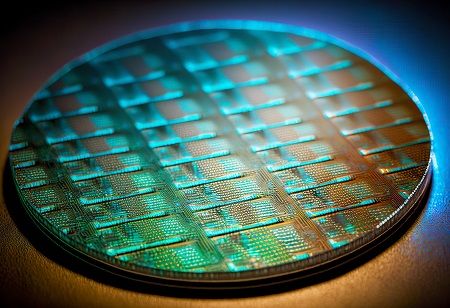
The development of the world's purest silicon by scientists at The University of Manchester and the University of Melbourne represents a significant milestone in the advancement of quantum computing technology. This breakthrough has the potential to revolutionize various fields, including military technology, secure communications, and complex problem-solving.
The ultra-pure silicon created by the researchers, particularly silicon-28 stripped of other natural isotopes, addresses a critical challenge in quantum computing known as 'nuclear flip-flopping,' which can lead to data loss in quantum bits or qubits. By dramatically increasing the purity levels of silicon from 4.5% to 0.0002%, the scientists have laid the groundwork for building reliable quantum computers much sooner than previously anticipated.
Quantum computers, powered by qubits' unique properties, have the capability to perform multiple calculations simultaneously and to be entangled, providing immense computational power. This could lead to significant advancements in artificial intelligence, secure data and communications, vaccine and drug design, energy use, logistics, and manufacturing.
In the realm of military technology, quantum computing holds promise for enhancing strategic planning, simulations, reconnaissance, and weapons systems. With the ability to process vast amounts of data at unprecedented speeds, quantum computers could enable the military to develop more efficient and sophisticated warfare strategies. Additionally, quantum cryptography could revolutionize secure communication methods, offering unparalleled levels of encryption.
Overall, the development of ultra-pure silicon for quantum computing represents a major step forward in unlocking the full potential of this groundbreaking technology, with far-reaching implications across various sectors, including defense and national security.
We use cookies to ensure you get the best experience on our website. Read more...